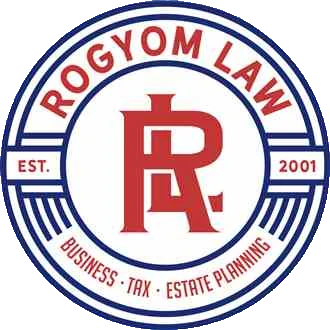Companies can manage risks, lower use taxes, and reduce tax administrative burdens by using managed compliance and effective tax rate agreements. In an effort to streamline the tax compliance process, most states now allow companies to automate their sales and use tax compliance through tax agreements. These agreements operate on a prospective basis whereby “effective rates” can be assigned to the company’s expense accounts.
The states use numerous names for such agreements, including: managed compliance agreements, formulary sales and use tax agreements, single use tax compliance agreement, negotiated rate agreements, alternative use tax payment methods, simplified procedure agreements, or, as known here in Maryland, effective rate agreements. Regardless of the chosen name, the states use similar processes to form the agreements and the companies often realize fantastic results.
Most companies’ tax staff either have little involvement in the sales & use tax function or are, understandably, more concerned with the company’s income tax issues. Effective rate agreements allow your tax staff to remain focused on their income tax duties while ensuring your company’s proper use tax reporting.
The agreements can assign an effective rate to the company’s expense accounts in aggregate or assign multiple effective rates to the company’s individual expense accounts. The states allow the company’s tax attorney or consultant significant control over the methods used. In fact, many states, including Maryland, allow the company’s tax attorney to write the actual agreement.
While most expense accounts can be included, the states do have certain limitations. Maryland, like most states, will not allow capital accounts to be included in an effective rate agreement. Largely, the states’ limitations do not reduce an agreement’s usefulness.
The companies realizing the most significant results are those making a large number of purchases, companies whose purchases include both items for use and items for resale, and companies making significant purchases of materials, supplies, and repairs. The company can request an agreement at any time, including after a favorable sales tax audit.
The states allow the agreements to remain effective for varying durations. Maryland generally allows its effective rate agreements to remain in place for four years. At the end of the period, the states will usually allow the agreement to continue with an abbreviated follow-up study. If the company experiences a material change in its operations, such as closing a plant, the agreements must be amended.
Formalized managed compliance agreements can allow a company to achieve accurate tax reporting, reduce administrative and litigation costs, and reduce unexpected audits. A tax advisor should be able to tell you whether your company would benefit from such an agreement.
For further information, please contact Jeff Rogyom at (410)929-4578.

